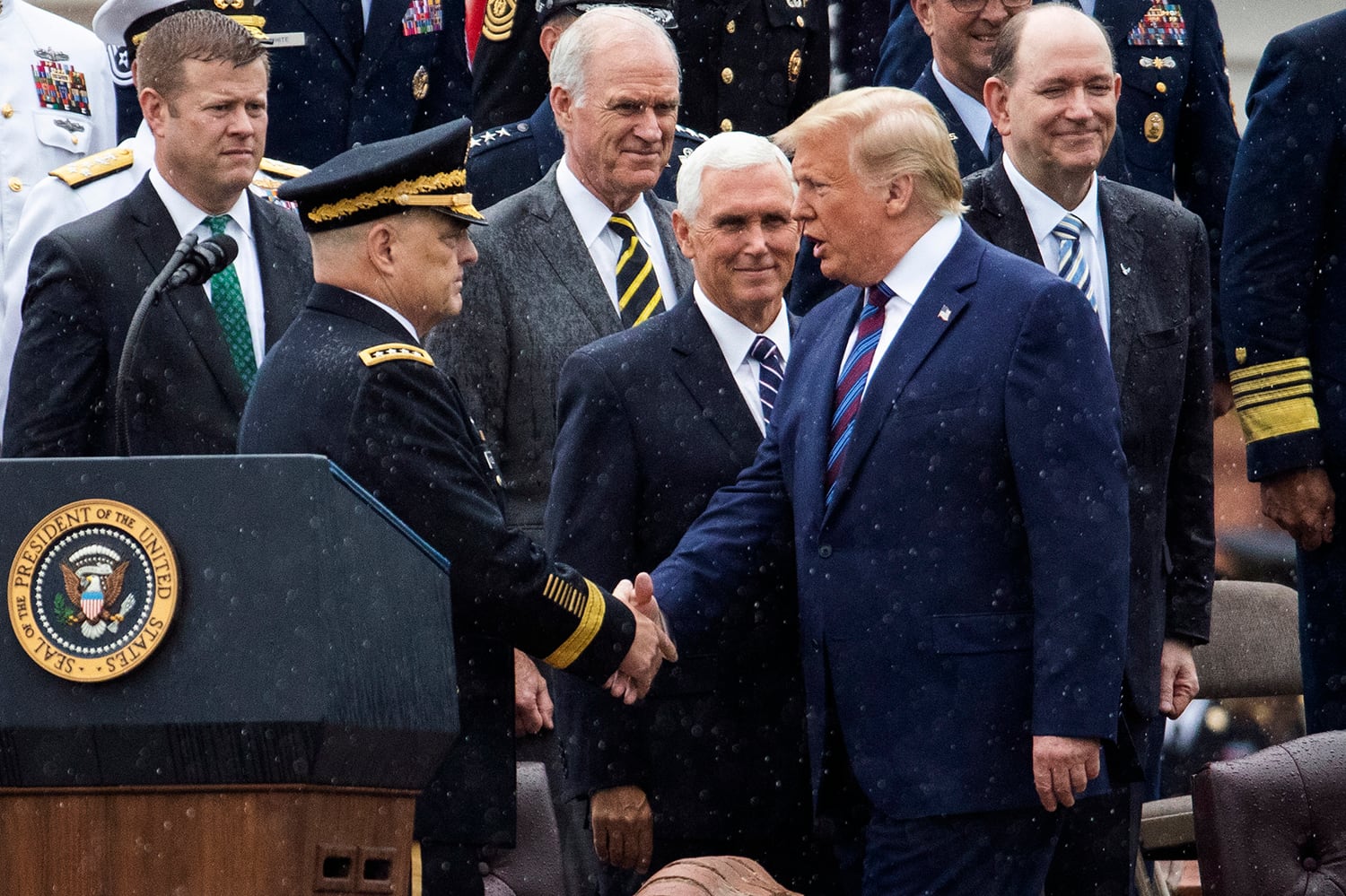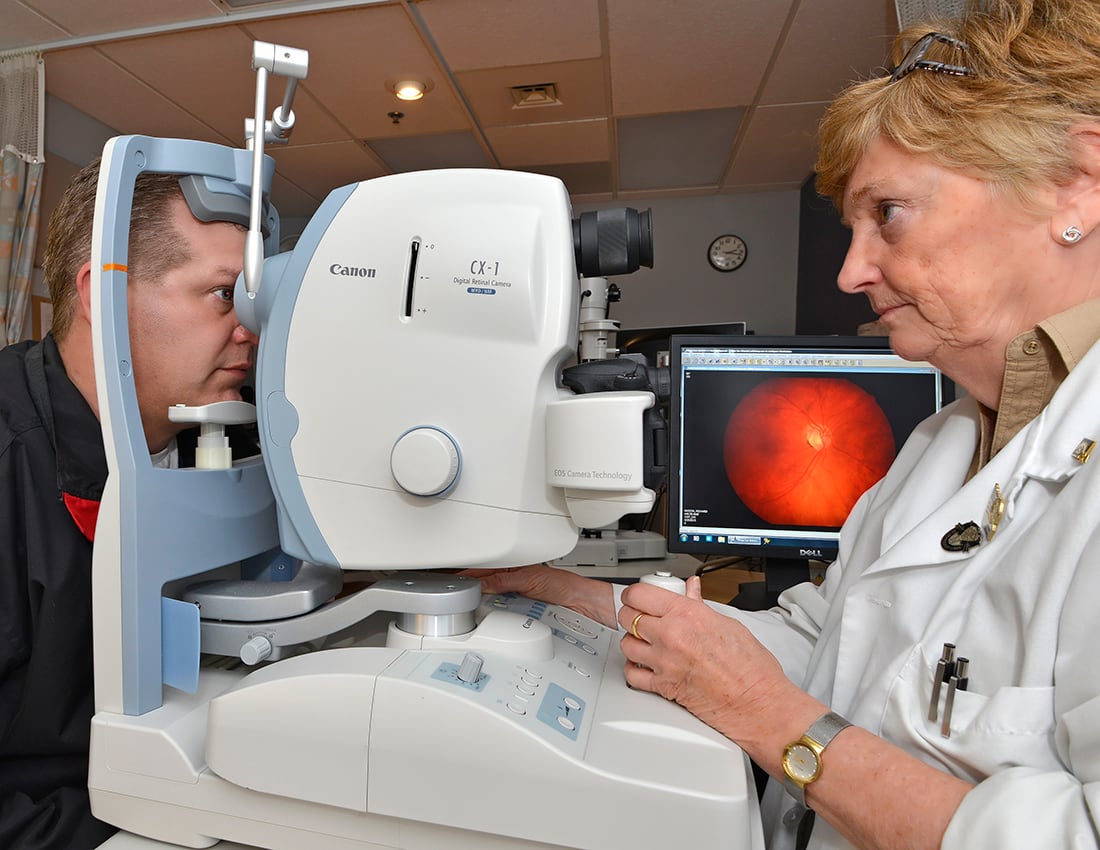Last week marked three years since Air Force wife Kelli Abad vanished without a trace from Kadena Air Base, Japan.
The time has brought her mother, Janice Cribbs, no closer to finding out what happened despite a relentless letter-writing campaign to investigators, lawmakers, the Inspector General, the Japanese consulate in Washington — anyone she thinks might be able to help.
"Some days I'm like, 'I might as well quit.' Some days, I think it's possible she might not want to be found even if she's alive. Some days I get very angry because I feel like there's a grave injustice that's been committed because of the lack of response," Cribbs said.
Cribbs never believed enough was done to find Kelli, a 27-year-old mother of two young children, who was reportedly last seen driving off base in the family's green Toyota SUV about 9:30 p.m. on Oct. 26, 2011.
The vehicle was found three days later at Cape Zanpa, a park about 10 miles away. Police discovered inside the SUV Kelli's purse, cell phone and a note in her handwriting: "Love my kids, love my hubby and parents. Bye."
Kelli's husband, Tech. Sgt. Vince Abad, told CNN in an interview six weeks later that his wife had threatened to take her life that night after an argument, and he believed the letter to be a suicide note. Air Force authorities have said evidence supports that theory.
Cribbs does not believe Kelli, a doting, protective mother, would have willingly left her children.
Authorities searched the area around Cape Zanpa by land, air and sea, but no trace of her was ever found.
Cribbs wants to know how soon after Kelli disappeared those searches began. She wants to know why the search was never expanded beyond the park and why authorities did not go door to door. She wants to know whether there was camera footage at the park where her vehicle was found — which Cribbs believes would prove once and for all when it was parked there and whether Kelli was the one driving.
Cribbs wants her daughter's cell phone records from that final night but has been unable to obtain them despite filing multiple Freedom of Information Act requests, one of which was returned instructing Cribbs to get permission from Kelli herself to access them.
"It's very important … we wanted to see if she tried to call us," Cribbs said.
Some inquiries are met with silence, she said. Responses she does receive generally reveal no more than Cribbs knew within the first 10 days of Kelli's disappearance.
There was one coup over the last year: Getting Kelli's identifying information into the National Missing and Unidentified Persons System, a centralized repository for the missing and unidentified. Cribbs has tried — unsuccessfully so far — to do the same with Interpol, an international policing organization.
Cribbs continues to maintain Kelli's missing persons Facebook page and asks that anyone with information contact her there or by email at findkellinow@yahoo.com.
"A lot of people would say why is this even important to you," Cribbs said. "I just feel like everything out there that can be done needs to be."





